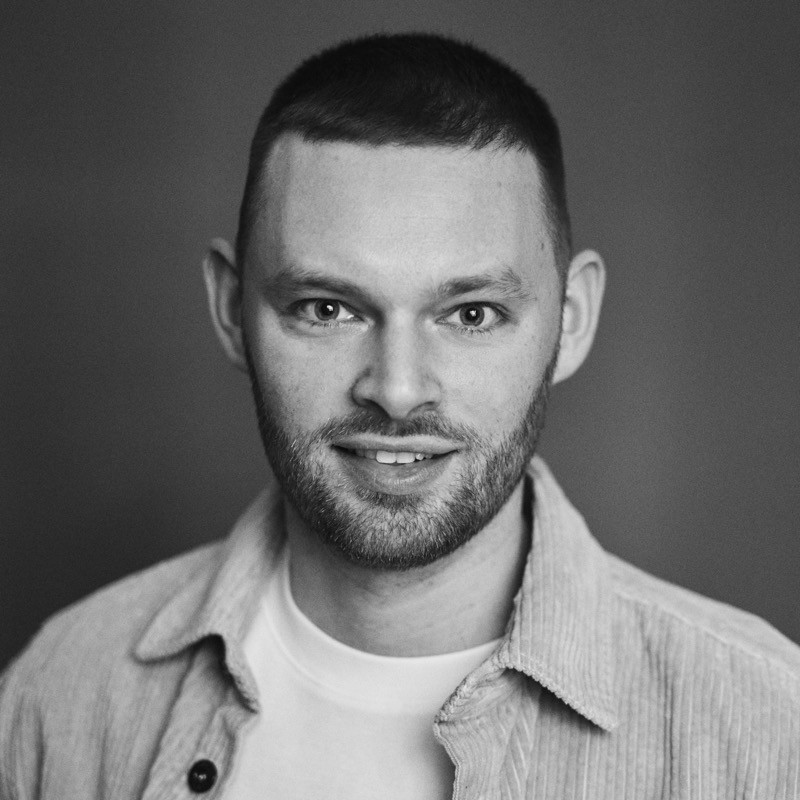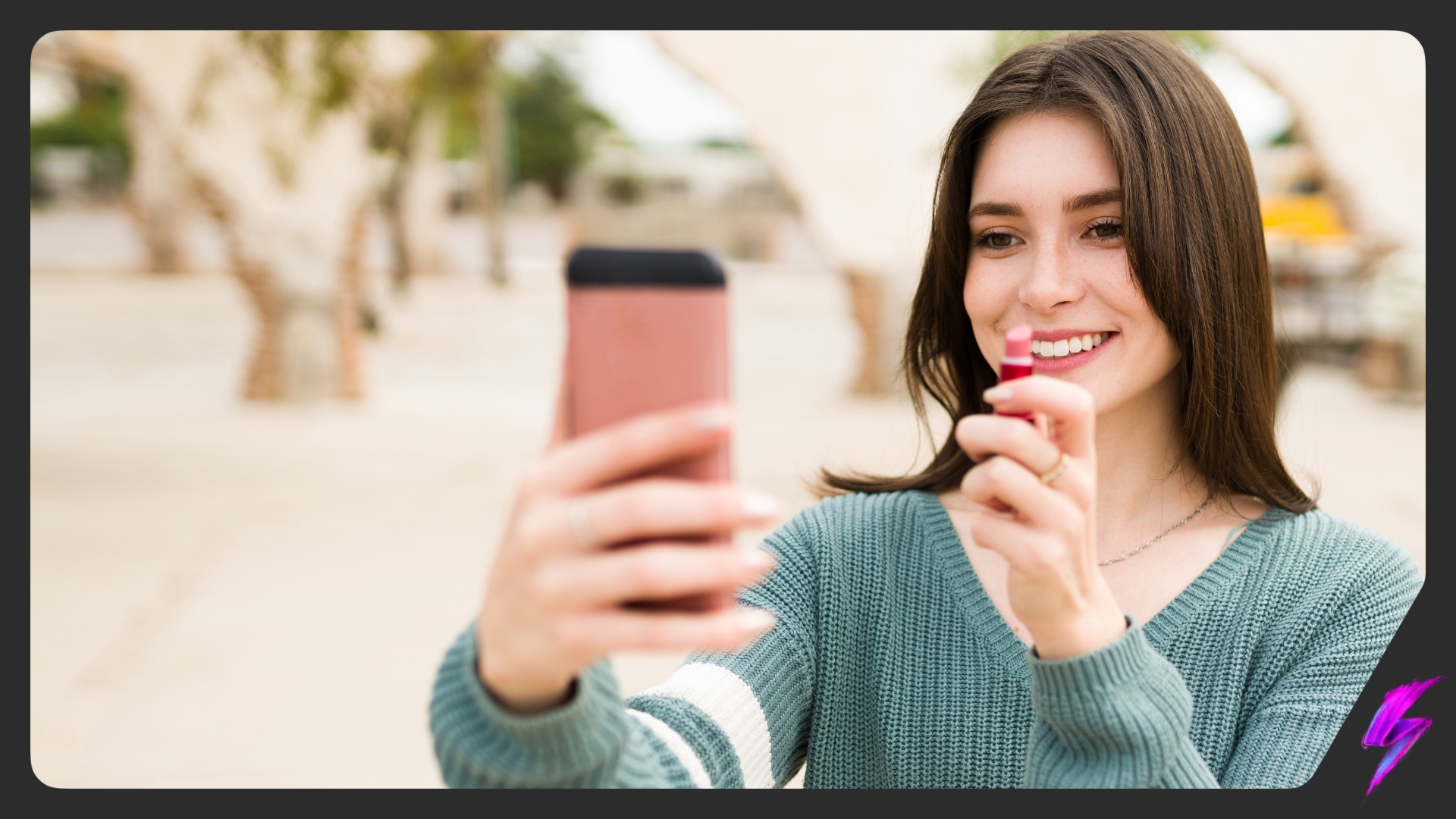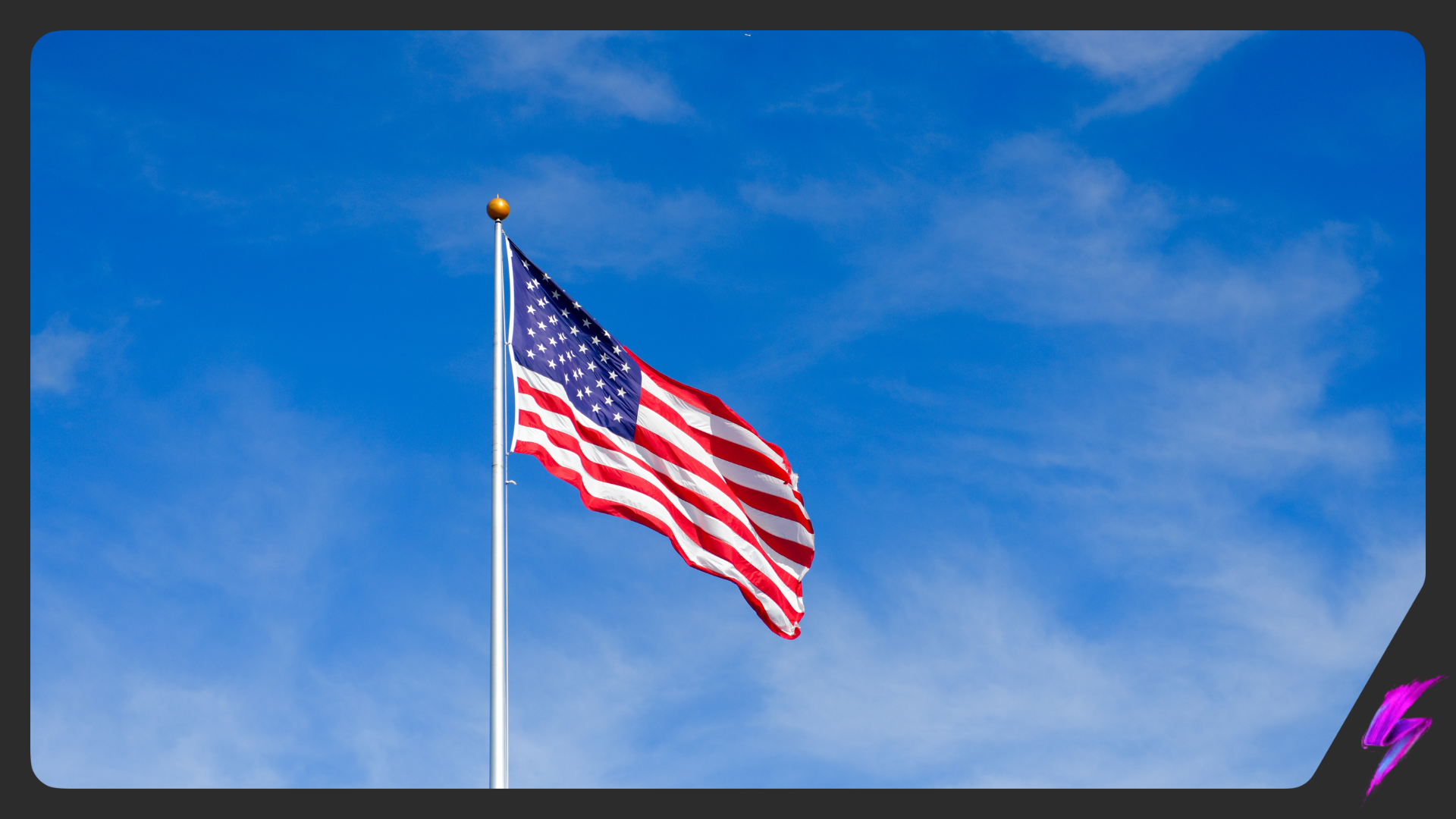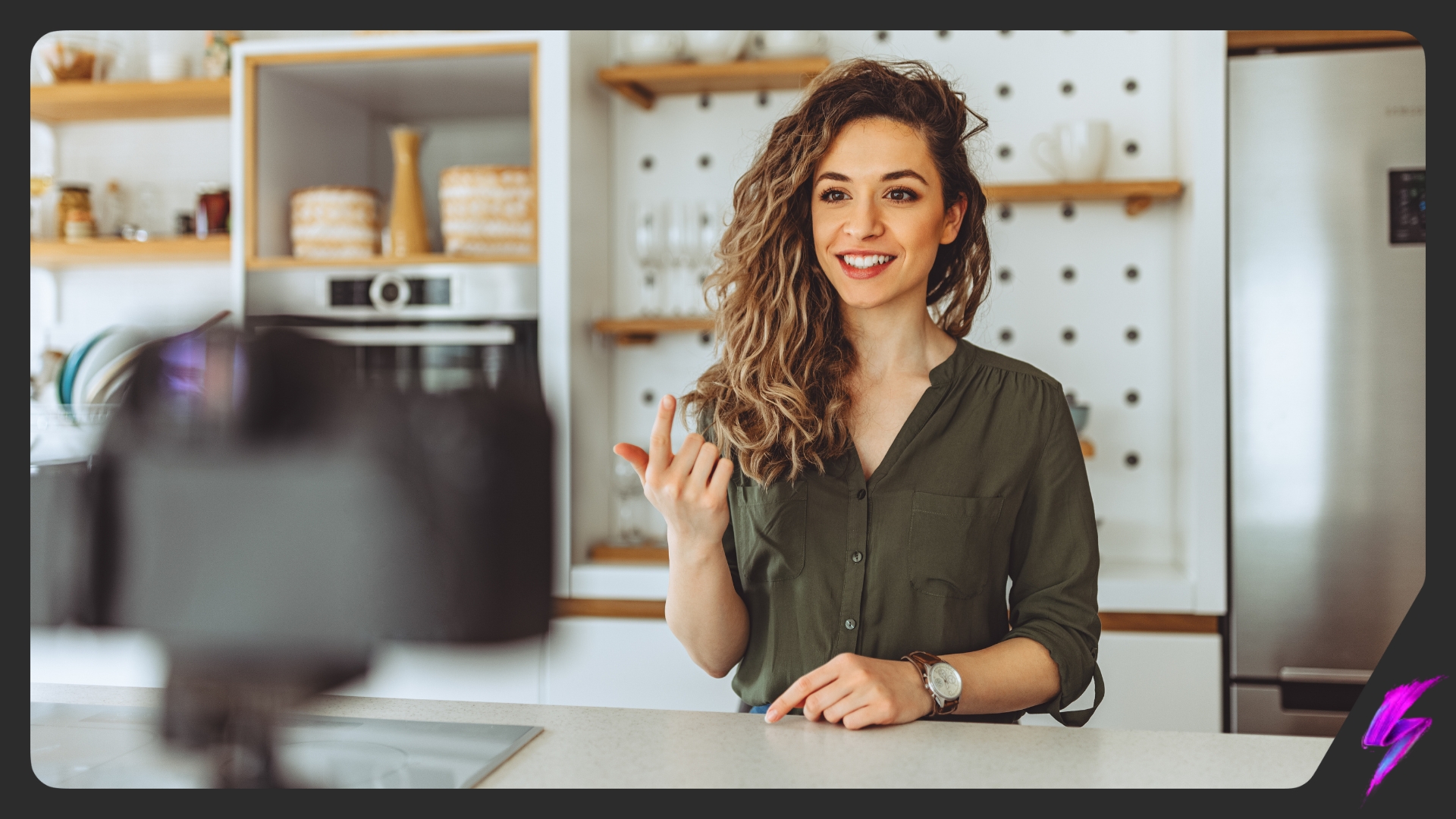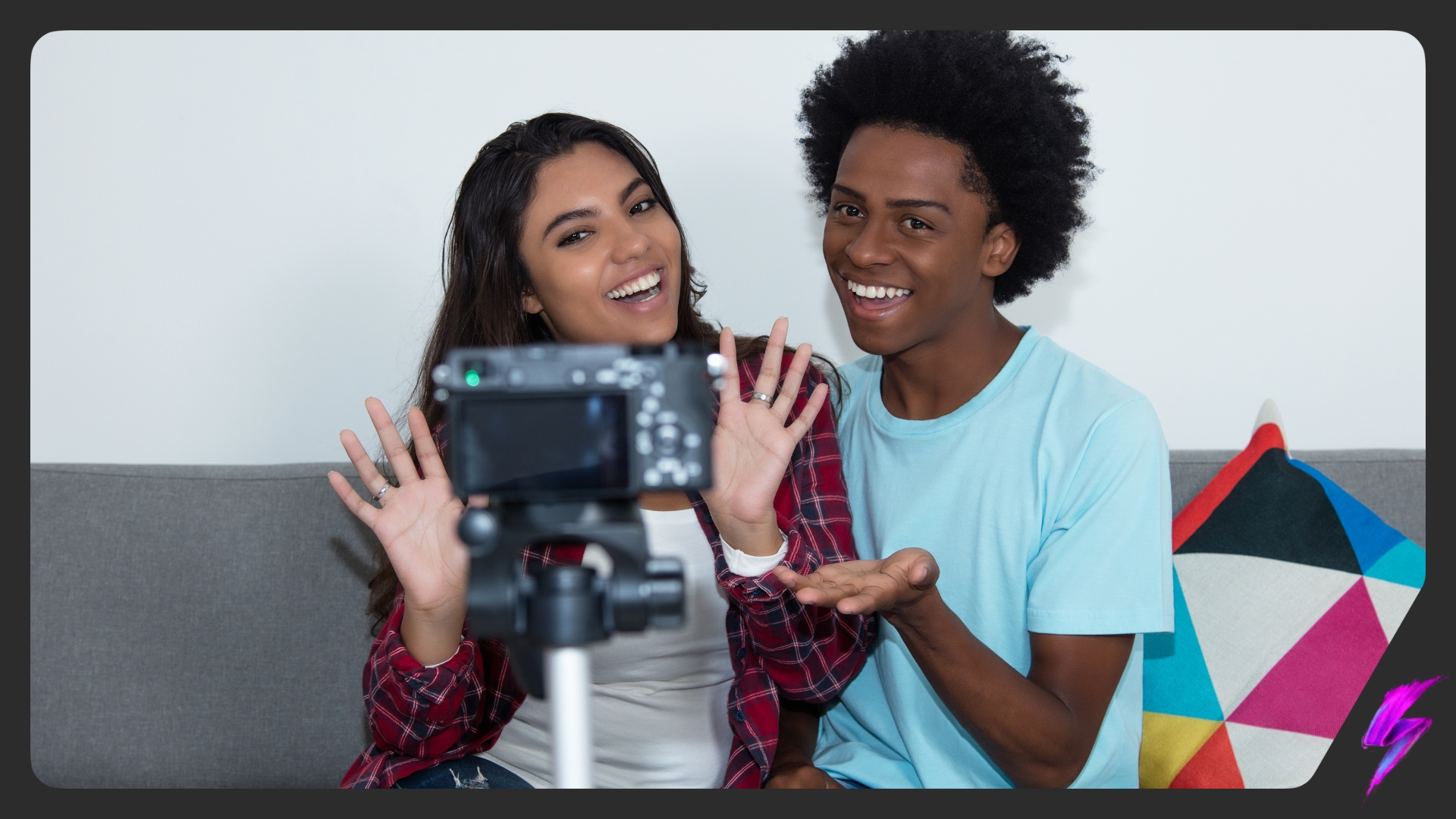Is this the downfall of influencer-led beauty brands?
Jan 19, 2023
Social Media Platforms
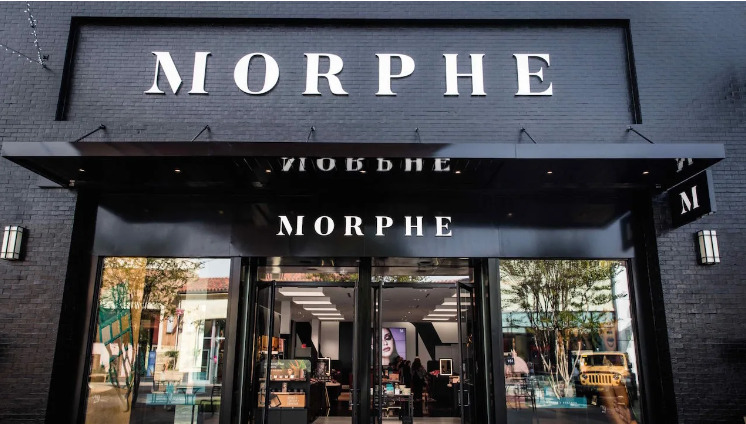
After dedicating their lives to building a loyal community and somewhat reliable reputation on social media, beauty influencers were finally given the opportunity by brands and conglomerates to create their own makeup/skincare brands and lines. Beauty influencers had proved their ability to drive awareness and sales, so launching a line to engage a vivacious community made sense. And for a time, it worked.
Since the pandemic, we have seen countless beauty lines started by influencers. To name a few, we have Selfless by Hyram (created in partnership with The Inkey List), Item Beauty by Addison Rae, and Bad Habits, a Forma Brands company with Emma Chamberlain as the Creative Director.
View this post on Instagram
Whilst booming after their launches, the influencer-led beauty brands have since declined in both sales and relevancy. The same can also be said for once-world-renowned Morphe, who’s marketing strategy was highly reliant on the popularity of beauty influencers.
The downfall of Morphe
If you were even remotely part of the online beauty community between 2015-ish and now, you will have heard of Morphe. Although not an influencer-owned brand, Morphe was heavily endorsed by some of the biggest names in the beauty world, and went on to make influencer-led beauty brands under the Morphe name.
Morphe was one of the first beauty brands to truly realise and utilise the full potential of social media. A large portion of the beauty brand’s growth can be credited to the support of beauty YouTubers organically promoting its brushes and makeup products. So, taking the obvious step forward, Morphe began working with these influencers closely.

Its first prolific collaboration was with Jaclyn Hill. The 35-pan eyeshadow palette was a huge success, regularly selling out hours after restock. Since then, the brand went on to work with influencers including Jeffree Star, James Charles, MannyMUA, Laura Lee, and more.
These influencers would be invited to Morphe events and store openings, and would be given the honour of cutting the ribbon. Influencer-attended store openings would be fanfare events, with hundreds of fans camping out the night before just to get a glimpse of their favourite beauty influencers and buy their favourite Morphe products.

It was pretty common in Morphe stores to see photos of influencers next to their recommended products, acting as a compass to fans. Influencers with collaborations with Morphe typically had their own sections in the stores, too.
Also at this time, Forma Brands (Morphe’s mother company) launched skincare line Bad Habits, with YouTube sensation Emma Chamberlain at the help as the Creative Director. Throughout the pandemic, Emma established herself as a skincare fanatic, and her relatability to Gen Z audiences made her a natural selection as a creative leader. However, after one year in the position, Emma quietly left the company in late 2021.
Besides working with Morphe, what do these influencers (bar Emma) have in common? Disastrous scandals.

Following a series of unfortunate events, almost all influencers Morphe worked closely with were involved in internet scandals, which ultimately tarnished the brand’s reputation. And just as quickly as Morphe had grown, its success was ripped from under its feet.
Opening events that used to be swamped with fans and security, now only had less than 30 people queuing an hour before opening. Talk about a 180.
Reports were wild at this time, with many saying Morphe had lost its hold over Gen Z because of its relationships with problematic creators, and a shift in interest towards skincare over makeup.
So, Morphe attempted a revival. Instead of working with mega beauty influencers, it decided to work with smaller influencers and those hyper-relevant to Gen Z audiences, and launch a new makeup brand dedicated to Gen Z’s interest in minimalist packaging and lightweight makeup: Morphe 2.

Morphe 2 was figure-headed by the D’Amelio sisters—AKA TikTok’s sweethearts. At the time, Charli D’Amelio was the most followed person on TikTok, and Dixie wasn’t far behind. So, while Morphe had seemingly learnt to not use mega beauty stars, it hadn’t completely learnt its lesson…
Even with a brand designed with Gen Z in mind, Morphe 2 lost ground to low-priced competitors like Maybelline and ELF Cosmetics, both of which achieved virality on TikTok due to their hero products, not because of a name.
Things went from bad to worse for Morphe at the end of 2022, where it announced the closure of all its US stores. Stores in the UK, Netherlands, and Australia would remain open, but US customers would only be able to purchase its products online.
@maggieforevaa Morphe was one of my favorite stores for years ? #morphe #morpheclosing #fyp ♬ original sound – EX7STENCE™
The news came as a surprise to many Morphe employees, who documented the gradual closure on TikTok, causing another stir in the beauty community.
Why influencer-led beauty brands just don’t work
A fanbase isn’t enough
For years, Morphe has relied on working with influencers in the hopes of bringing in their fanbases. And for a while, it worked. One of the main issues the brand faced was that the products created alongside influencers didn’t require frequent repurchasing—a 35-pan eyeshadow palette lasts a good while. Even a loyal fanbase doesn’t feel the need to hoard products that will sit for years.
Now this isn’t to say fanbases don’t have power—they absolutely do. Just not enough power for a brand to solely rely on. Influencer marketing is still one of the most powerful tools available, but brands still need to be careful with it. If a brand is looking to work with an influencer known for their problematic tendencies, it needs to ensure it has a plan in place for when things inevitably go awry, and make sure its business model doesn’t solely rely on customers from said influencer’s audience.
In addition to this, when brands heavily push influencer products to their audiences, it is inevitable that all audiences will begin to associate one with the other. So should an influencer cause an internet scandal and lose part or most of their fanbase, the brand will automatically come to the front of consumers’ minds in a negative light.
Consumers have changed
A key reason influencer-led beauty brands don’t have as much success as they once did is because the way consumers are influenced has changed. Just as the social platforms consumers use most has changed (move aside Instagram, it’s TikTok’s time), so has the type of creators that influence them.
Consumers are incredibly savvy and actively reject paid influencer content that seems inauthentic. While celebrity endorsements still work for heritage beauty brands, those looking to target younger Gen Z audiences need a different approach.
Gen Z consumers are influenced most by regular people. Conveniently, this is how TikTok has begun promoting beauty content through its For You Page algorithm. Native, natural content is what engages Gen Z because they are building connections with people they can relate to. So, in order to make a splash on social media nowadays, brands need to think small to achieve big.
Our Influencer marketing agency and Social agency are located worldwide, with our agency network based in the USA, UK, UAE and China.
If you want to receive our industry insights, visit our Influencer Marketing & Social Media blog.
@ Socially Powerful
[cta]
Popular Blogs
Most Popular Instagram Hashtags | Tiktok Hashtags | Instagram Monetization | Facebook Banner Size | Snapchat Influencers | Most Subscribed Youtubers | Best Time to Post on Youtube | UK Twitch Streamers | Female Twitch Streamers | Popular Tiktok Songs | Male Tiktok Influencers | Lgbtq Tiktok Influencers | The Rise and Fall of Clubhouse | Influencer Marketing on Clubhouse | LiketoKnowit | Pretty Little Thing Instagram| Top Social Marketing Agencies
Social And Influencer Marketing News + Insights
Get in touch
We'll show you how to start powerful conversation, drive social engagement, build your brand, hit sales targets or meet other goals you have, wherever you are in the world.
Work with us